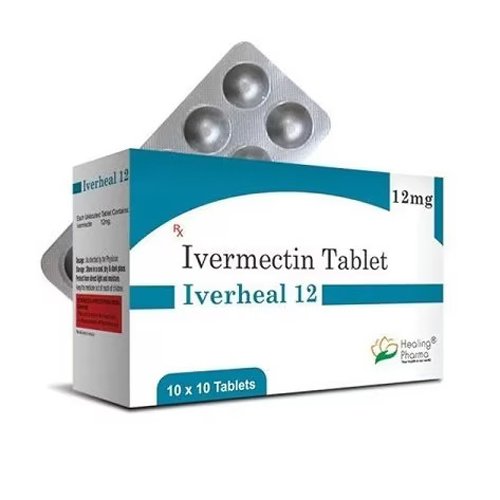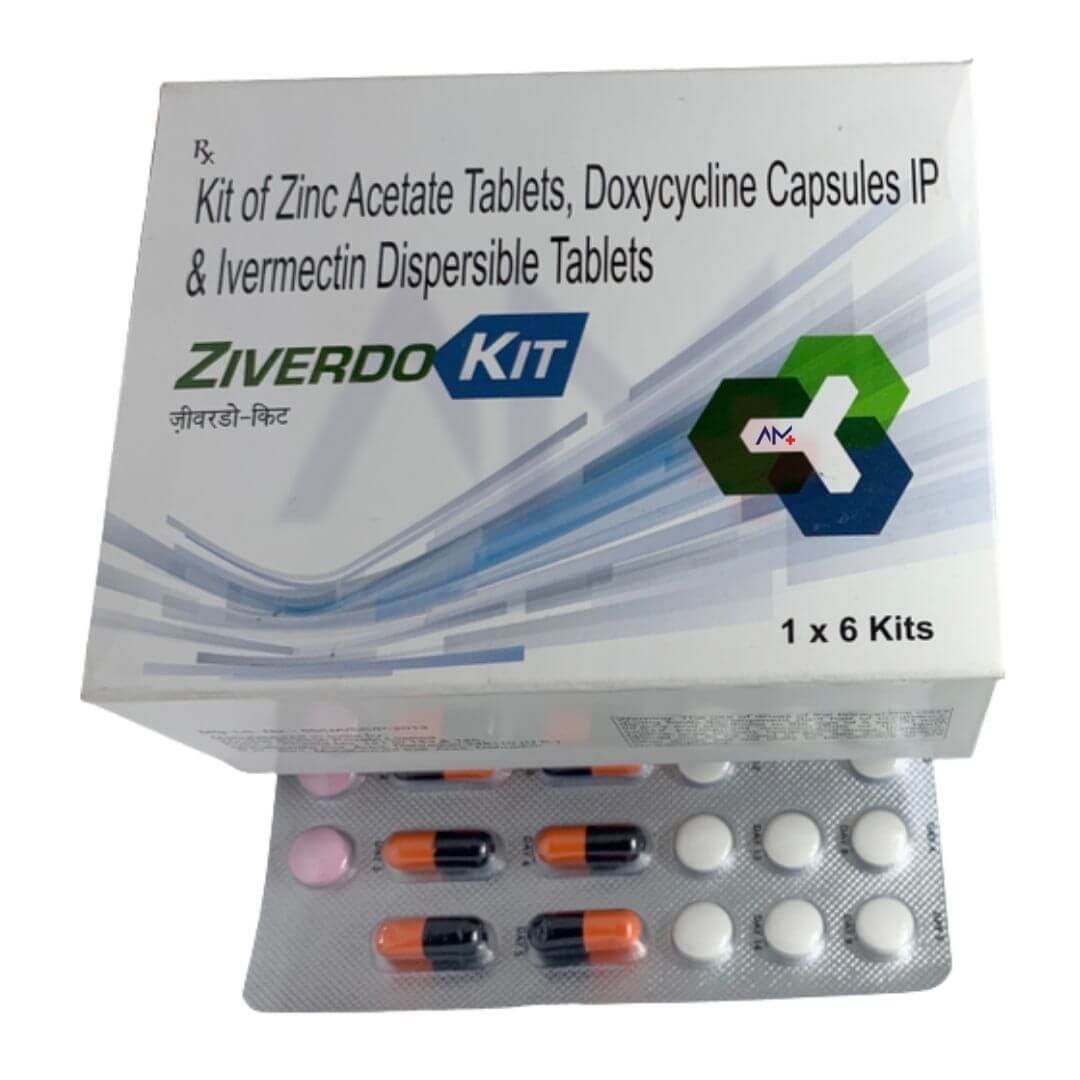Home Remedies vs. Prescription Dewormers: What Works Best?
Is your furry friend acting a bit off lately? 🐾 Sluggishness, weight loss, or a dull coat might be more than just a bad day—it could be a sign of worm infestation. As pet owners, we’re often caught between the allure of natural home remedies and the reassurance of veterinary-prescribed treatments. But when it comes to our beloved companions’ health, which path should we choose?
The battle between home remedies and prescription dewormers has long divided pet parents. On one side, we have the appeal of natural, readily available solutions that promise gentle care. On the other, there’s the scientifically-backed power of modern medicine. Both claim to be effective, but which truly holds the key to your pet’s wellbeing? 🔑
In this comprehensive guide, we’ll dive deep into the world of pet deworming, exploring everything from understanding worm infestations to comparing various treatment methods. We’ll uncover the pros and cons of home remedies, shed light on prescription dewormers, and help you make an informed decision for your four-legged friend. So, let’s embark on this journey to discover what really works best in the fight against those pesky parasites!
Understanding Worm Infestations in Pets
Common types of worms
When it comes to pet health, understanding the different types of worms that can infest our furry friends is crucial. The most common worms found in pets include:
- Roundworms
- Tapeworms
- Hookworms
- Whipworms
- Heartworms
Each of these parasites can cause various health issues in pets, making early detection and treatment essential.
Signs and symptoms of worm infestations
Recognizing the signs of worm infestations can help pet owners take prompt action. Common symptoms include:
- Weight loss despite a normal appetite
- Dull coat or fur
- Visible worms in feces or vomit
- Bloated belly, especially in puppies and kittens
- Diarrhea or constipation
- Lethargy or weakness
Risks of untreated infestations
Leaving worm infestations untreated can lead to severe health complications for pets. Some potential risks include:
- Malnutrition and anemia
- Intestinal blockages
- Organ damage, particularly in the case of heartworms
- Weakened immune system
- Transmission to humans, especially children
Understanding these risks underscores the importance of regular deworming and proper pet care. With this knowledge, pet owners can make informed decisions about the best deworming methods for their furry companions. Next, we’ll explore home remedies as a potential solution for addressing worm infestations in pets.
Home Remedies for Deworming
Natural ingredients with anthelmintic properties
Several natural ingredients have been traditionally used for their anthelmintic (anti-worm) properties:
- Pumpkin seeds: Rich in cucurbitacin, which paralyzes worms
- Garlic: Contains allicin, known for its antiparasitic effects
- Carrots: High in beta-carotene, which may help expel worms
- Coconut: Contains lauric acid, which can be effective against parasites
Dietary changes to combat worms
Adjusting your pet’s diet can create an environment less hospitable to worms:
- Increase fiber intake to promote regular bowel movements
- Add probiotics to support gut health
- Incorporate foods high in vitamin A, such as sweet potatoes
- Limit carbohydrates, as some parasites thrive on sugars
Effectiveness of home remedies
While some pet owners report success with home remedies, their effectiveness can vary:
- Results may be inconsistent and take longer to manifest
- Efficacy often depends on the type and severity of the infestation
- Some remedies may work better as preventive measures rather than treatments
Potential risks and limitations
It’s crucial to consider the drawbacks of home remedies:
- Dosage can be difficult to determine, risking under or over-treatment
- Some natural ingredients may cause allergic reactions or digestive upset
- Home remedies may not address all types of worms effectively
- Delay in proper treatment could lead to more severe infestations
Now that we’ve explored home remedies, let’s examine the veterinary approach to deworming with prescription medications.
Prescription Dewormers: A Veterinary Approach
Types of prescription dewormers
Prescription dewormers come in various forms, each targeting specific types of parasites. Common types include:
- Broad-spectrum dewormers (e.g., pyrantel pamoate)
- Tapeworm-specific medications (e.g., praziquantel)
- Heartworm preventatives (e.g., ivermectin)
- Combination products for multiple parasites
How prescription dewormers work
Prescription dewormers employ different mechanisms to eliminate parasites:
- Paralysis: Some dewormers paralyze the worms, causing them to release their hold on the intestinal wall.
- Starvation: Others interfere with the worm’s ability to absorb nutrients.
- Dissolution: Some medications dissolve the worm’s protective outer layer.
Safety and efficacy studies
Veterinary-approved dewormers undergo rigorous testing to ensure their safety and effectiveness. These studies:
- Evaluate the medication’s impact on various parasites
- Determine appropriate dosages for different animal sizes and species
- Assess potential interactions with other medications
Potential side effects
While generally safe, prescription dewormers may cause mild side effects such as:
- Temporary gastrointestinal upset
- Lethargy
- Loss of appetite
Severe reactions are rare but can occur in some animals.
Veterinary supervision and dosage control
Veterinary oversight is crucial when using prescription dewormers. Vets:
- Determine the most appropriate dewormer based on the pet’s specific needs
- Calculate the correct dosage to ensure maximum efficacy and minimize side effects
- Monitor the pet’s response to treatment and adjust as necessary
This professional guidance ensures that pets receive safe and effective deworming treatment tailored to their individual needs.
Comparing Home Remedies and Prescription Dewormers
Speed of results
When comparing home remedies and prescription dewormers, the speed of results is a crucial factor. Prescription dewormers typically work faster, often showing noticeable effects within 24-48 hours. Home remedies, while potentially effective, may take longer to produce visible results, sometimes requiring several days or even weeks of consistent use.
Spectrum of worms targeted
Prescription dewormers have a clear advantage in terms of the range of parasites they can eliminate:
- Broad-spectrum medications can target multiple types of worms simultaneously
- Veterinarians can prescribe specific treatments for identified parasites
- Prescription dewormers are formulated to combat both common and rare worm species
Home remedies, while helpful for some common parasites, may not be effective against all types of worms. Their efficacy can vary depending on the specific remedy and the parasite in question.
Long-term effectiveness
Prescription dewormers generally offer superior long-term effectiveness due to their scientifically formulated ingredients and precise dosing. They often provide extended protection against reinfestation. Home remedies may require more frequent administration and might not offer the same level of ongoing protection.
Cost comparison
Initially, home remedies may seem more cost-effective. However, when considering long-term use and potential veterinary costs if home treatments prove ineffective, prescription dewormers can be more economical in the long run. Additionally, the peace of mind that comes with using a veterinarian-approved method may outweigh any potential cost savings from home remedies.
Now that we’ve compared these two approaches, let’s explore the factors you should consider when choosing the right deworming method for your pet.
Factors to Consider When Choosing a Deworming Method
Severity of infestation
When selecting a deworming method, the severity of the infestation is crucial. Mild cases may respond well to home remedies, while severe infestations often require prescription dewormers. Consider these factors:
- Visible symptoms (e.g., worms in stool, vomiting)
- Duration of infestation
- Type of worms present
Pet’s overall health and age
The health and age of your pet play a significant role in choosing an appropriate deworming method:
- Young animals may be more susceptible to certain treatments
- Older pets or those with pre-existing conditions may require gentler options
- Pregnant or nursing animals need special consideration
Owner’s time and commitment
Different deworming methods require varying levels of effort:
- Home remedies often need consistent, long-term application
- Prescription dewormers typically involve shorter treatment periods
- Regular monitoring and follow-up are essential for both approaches
Access to veterinary care
Your access to professional veterinary services can influence your choice:
- Prescription dewormers require veterinary consultation
- Home remedies may be more accessible in remote areas
- Regular check-ups are crucial for monitoring treatment effectiveness
When weighing these factors, remember that the most effective approach often combines professional guidance with appropriate treatment methods. Always consult with a veterinarian before starting any deworming regimen to ensure the safety and well-being of your pet.
Combining Approaches for Optimal Results
Integrating home remedies with veterinary care
While prescription dewormers are highly effective, combining them with natural remedies can enhance overall pet health. Consult your veterinarian about incorporating safe home remedies alongside prescribed treatments. Some beneficial combinations include:
- Adding pumpkin seeds to your pet’s diet for their anti-parasitic properties
- Using food-grade diatomaceous earth as a natural deworming supplement
- Introducing probiotics to support gut health during deworming
Always inform your vet about any home remedies you’re using to ensure they don’t interfere with prescribed medications.
Preventive measures to support deworming efforts
Prevention is key in managing worm infestations. Implement these practices to minimize the risk of reinfestation:
- Regular grooming and bathing
- Prompt removal of pet waste from living areas
- Maintaining a clean litter box for cats
- Washing pet bedding frequently
- Limiting exposure to potentially contaminated environments
Regular check-ups and fecal tests
Routine veterinary visits are crucial for effective parasite control. Schedule regular check-ups and fecal tests to:
- Monitor your pet’s overall health
- Detect early signs of worm infestations
- Adjust deworming strategies as needed
- Ensure the effectiveness of current treatments
By combining professional care with home remedies and preventive measures, you can create a comprehensive approach to keeping your pet worm-free and healthy. This integrated strategy offers the best of both worlds, maximizing the benefits of traditional veterinary medicine and natural alternatives.
Conclusion
While both home remedies and prescription dewormers have their place in pet care, the effectiveness and safety of each approach can vary significantly. Home remedies may offer a natural alternative, but their efficacy is often limited and unproven. On the other hand, prescription dewormers provide a scientifically-backed solution tailored to specific types of worm infestations, ensuring more reliable results.
Ultimately, the best approach to deworming your pet depends on various factors, including the type of worm, severity of infestation, and your pet’s overall health. Consulting with a veterinarian is crucial to determine the most appropriate treatment plan. By combining professional advice with a holistic approach to pet care, including preventive measures and regular check-ups, you can effectively manage and prevent worm infestations in your beloved companions.













Add comment